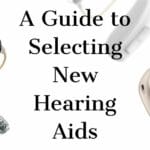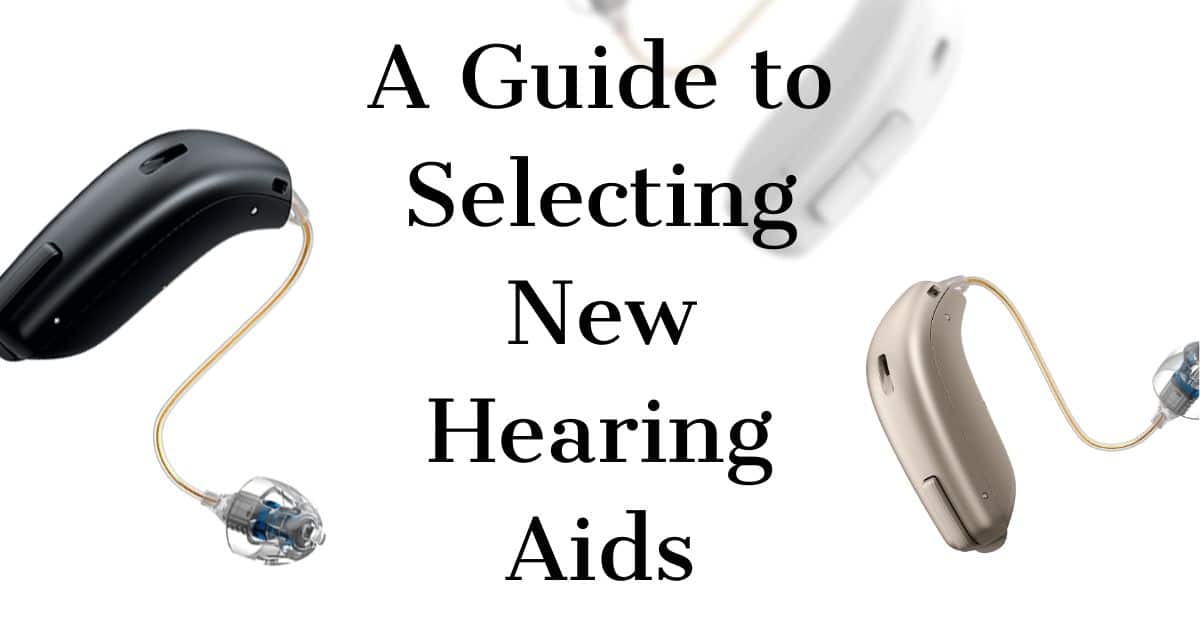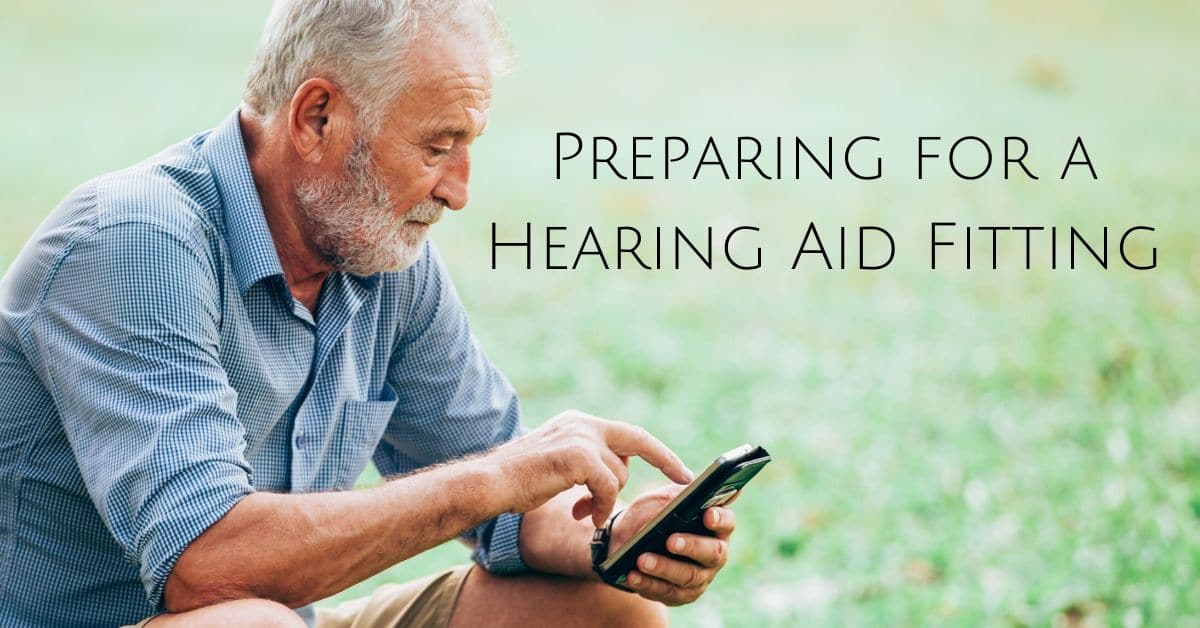
As we are now well into June, summer vacations have started. When you have hearing aids, however, traveling can present more stress than the usual planning does. We have some helpful tips for you to keep in mind while traveling with hearing aids.
Whether you’re traveling by plane,train,car, or bus and whether you’re staying close or far, here are some simple measures you can take to help your vacation go smoothly.
If your traveling by Airplane with Hearing Aids
Audio announcements can be difficult to understand. Be sure to pay attention to monitors by the gates. They will display all of the arrival and departure times. Ask if telecommunication devices for the deaf, or hearing impaired, are available at the airport. If telecommunication devices are not available, consider requesting that a flight attendant communicate any in-flight announcements to you personally.
Don’t take off your hearing aids while on flights, as it increases the chances that you will miss critical information.
If you need more help, especially while traveling alone, ask a safety assistant. They can be a big help, particularly if you need special accommodations.If possible, avoid traveling alone. Bring a friend or family member with you to make communicating even easier, and to give you an extra set of ears.
If traveling by train or bus, pay close attention to stops listed on signs. This will help to prevent you from missing a stop as a result of not hearing an announcement.
Hotel Tips for Hearing Aid Users
Bring printed copies of your reservations to make communicating with front desk staff easier and help prevent miscommunication and confusion. Inform the front desk that you have a hearing loss so that they can contact you in person if it becomes necessary, such as in the case of an emergency.
Bring enough replacement batteries with you for the entire trip, and a little extra just in case. If you are traveling abroad with rechargeable batteries, make sure that the charger plug you bring has the correct adapter for the country that you’re heading to.
Always carry a cleaning kit, just in case. You never know the availability of cleaning supplies where you’re going.
Design your itinerary with hearing aid friendly attractions in mind. If you’re bringing a guide dog with you, make sure the location allows dogs inside as well.
If you are or have been experiencing difficulty hearing CALL NOW we would love to help you get your hearing back! Absolute Hearing Care Centers are happy to offer a FREE consultation and give you all the information you need to make an informed decision.
CALL NOW: 843-839-1936





